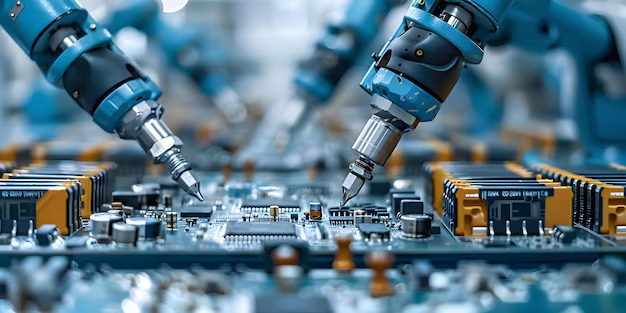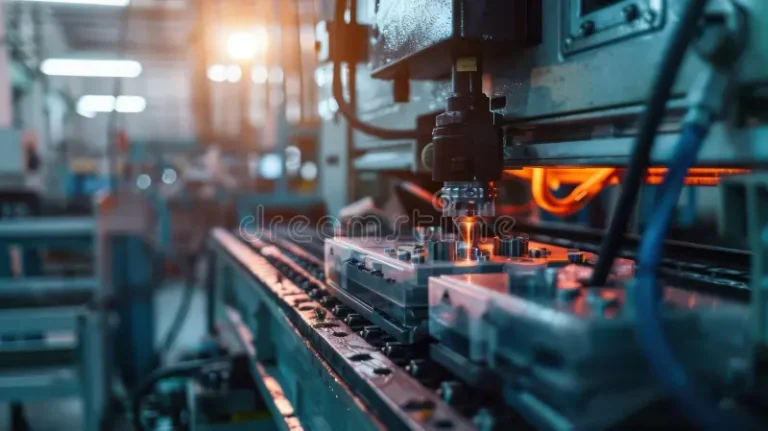Solar panels are special devices that capture sunlight and turn it into electricity. Imagine the sun shining down on your house and that light being transformed into power to run your TV, fridge, and other appliances. Isn’t that cool? This technology helps us save money on our energy bills and is also good for the Earth because it uses renewable energy. In this article, we will explore what solar panels are, how they work, and why they are so important for our future.
What Are Solar Panels?
Solar panels are made of many tiny pieces called solar cells. These cells are usually made of a material called silicon. When sunlight hits these cells, it creates electricity. You can think of it like the sun giving a little boost of energy to the solar cells. There are different types of solar panels, but they all work on the same basic idea: turning sunlight into electricity that we can use in our homes.
How Do Solar Panels Work?
The way solar panels work is pretty simple. When the sun shines, its light hits the solar cells. This light is made up of tiny particles called photons. When these photons hit the solar cells, they knock loose some electrons in the silicon. This movement of electrons creates a flow of electricity. It’s like when you rub your feet on a carpet and get a little shock; it’s all about the movement of tiny particles!
After the solar cells generate electricity, it flows into your home. If you are not using all of it, the extra power can be sent back to the grid, which is the big network that provides electricity to everyone. This is called net metering and can help reduce your electric bill.
The Different Types of Solar Panels
There are three main types of solar panels: monocrystalline, polycrystalline, and thin-film.
- Monocrystalline Panels: These are made from a single crystal structure, which makes them very efficient. They take up less space and produce more power, which is great if you don’t have a lot of room on your roof.
- Polycrystalline Panels: These are made from multiple crystal structures. They are generally less expensive than monocrystalline panels but are also a bit less efficient. They work well if you have more space and want to save some money.
- Thin-Film Panels: These are made by putting a thin layer of solar material on a surface, like glass or plastic. They are lightweight and flexible, which makes them easy to install. However, they require more space to generate the same amount of electricity as the other types.
Benefits of Solar Panels
Solar panels have many benefits, which is why so many people are choosing to install them on their homes.
- Cost Savings: Once you install solar panels, you can save a lot of money on your electricity bills. The energy from the sun is free, and using it means you buy less power from your electric company.
- Environmentally Friendly: Using solar energy helps reduce pollution. It’s a clean energy source, which means it doesn’t produce harmful gases that can hurt the planet.
- Energy Independence: By generating your own electricity, you become less reliant on outside sources. This can be especially important during times when energy prices rise or there are power outages.
- Increased Home Value: Homes with solar panels often sell for more money than those without. People like the idea of saving on energy bills, so it can be a great selling point.
Solar Panels and the Environment
Solar panels are a great way to help protect our planet. Traditional energy sources, like coal and gas, produce a lot of pollution. This pollution can lead to problems like global warming and health issues. By using solar energy, we can reduce our reliance on these harmful sources and help keep the Earth clean and healthy. You Can Also Read This FCP_FGT_AD-7.4: Fortinet FCP FortiGate 7.4 Administrator
How to Install Solar Panels
Installing solar panels is an exciting process. Here’s how it usually works:
- Assessment: First, a solar company will come to your home to check how much sunlight your roof gets. They will look for any trees or buildings that might block the sun.
- Designing the System: After the assessment, the company will design a solar panel system that fits your home’s needs. They will decide how many panels you need and where to place them.
- Permits and Approvals: Before installation, the company will need to get the proper permits from your local government. This step ensures that everything is safe and legal.
- Installation: Once all the paperwork is done, the installers will come to your home to put up the solar panels. This process usually takes a day or two.
- Connection: After installation, the solar panels need to be connected to your home’s electrical system. This step allows the electricity generated by the panels to power your home.
- Monitoring: Once everything is set up, you can monitor how much energy your solar panels produce. Many systems come with apps that show you real-time data.
The Cost of Solar Panels
The cost of solar panels can vary widely based on many factors, including the size of your system, the type of panels you choose, and where you live. Generally, the price of solar panels has been going down over the years, making them more affordable for families.
While the upfront cost can seem high, many people find that they save money in the long run. Additionally, there are often government incentives and rebates available that can help reduce the initial cost. Some states even have programs that let you pay for solar panels over time.
Is Solar Energy Right for You?
Deciding whether solar panels are right for you depends on a few factors:
- Sunlight Exposure: If your home gets a lot of sunshine throughout the day, solar panels will work well for you. If your roof is mostly shaded by trees or buildings, you might not get enough sunlight to make them worthwhile.
- Energy Needs: Consider how much electricity your home uses. If you use a lot of energy, solar panels could significantly reduce your bills.
- Budget: Think about how much you can afford to spend. Remember that solar panels are an investment that can pay off over time.
- Local Incentives: Check if your state or local government offers any incentives for installing solar panels. These can make the investment more affordable.
Frequently Asked Questions About Solar Panels
1. How long do solar panels last?
Most solar panels are designed to last for about 25 to 30 years. Many companies offer warranties that guarantee the panels will produce a certain amount of electricity during that time.
2. Will solar panels work on cloudy days?
Yes! Solar panels can still produce electricity on cloudy days, although they may not be as efficient as they are in direct sunlight. They work by capturing any available light, not just direct sunlight.
3. Do solar panels require a lot of maintenance?
Not really! Solar panels are quite low-maintenance. You might need to clean them occasionally if dirt or debris builds up, but most of the time, they just need to be left alone to do their job.
4. Can I install solar panels myself?
While some people choose to do DIY solar panel installations, it’s usually best to hire professionals. They have the knowledge and experience to ensure that everything is set up safely and correctly. Visit the home page of Tech Impact Daily.
Conclusion
Solar panels are a fantastic way to harness the power of the sun and turn it into electricity for our homes. They offer numerous benefits, including cost savings, environmental protection, and energy independence. By understanding how they work and what they can do for you, you can make an informed decision about whether solar panels are the right choice for your home.
As we look to the future, investing in solar energy can play a vital role in creating a sustainable world for generations to come. So, whether you’re a homeowner or just someone curious about clean energy, learning about solar panels is an exciting step toward a brighter, cleaner future.








